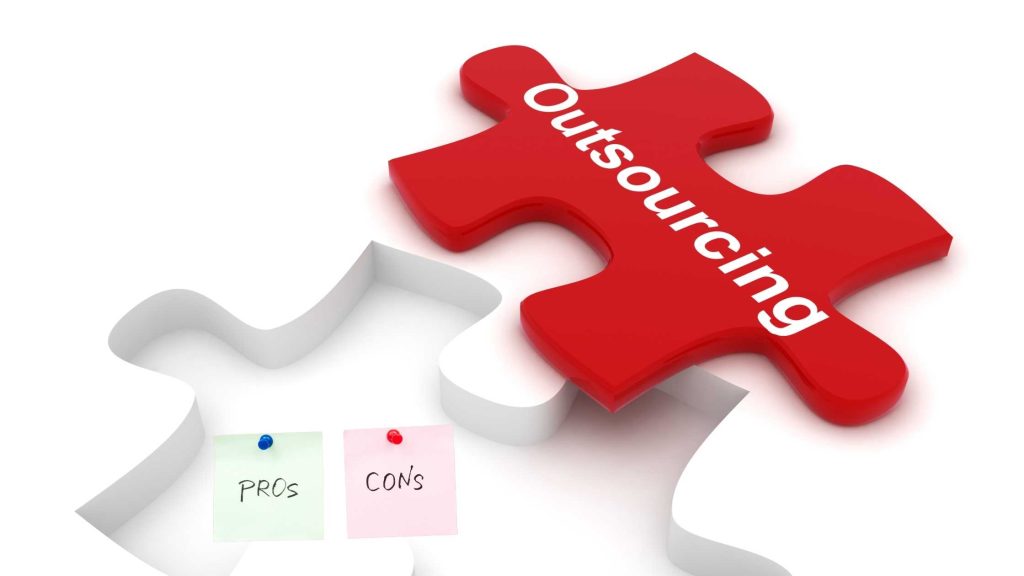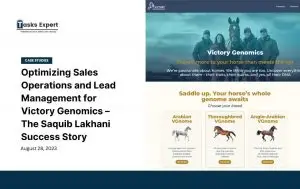Introduction
An Outbound Sales Representative Outsourcing helps with a time-consuming, repetitive task that requires thick skin. Cold calling strangers, emailing, chasing responses, following up, and booking calls are all critical. And when you’re a small business or startup looking to scale, it can quickly drag your internal team away from higher-value work, like warming up leads or closing deals.
Hence, many companies have recently shifted to Outbound Sales Representative Outsourcing.
Essentially, instead of hiring, training, and managing in-house reps, you hand over top-of-funnel sales activities to a trained person or team outside your organization. They handle prospecting, outreach, and appointment setting — so your in-house team can concentrate on actual sales dialogue and conversions.
It seems like a win-win, and in plenty of instances, it is.
But outsourcing outbound sales isn’t a silver bullet. There are trade-offs. Yes — it can save time and money. Yes, it can grow your pipeline. However, if you select the wrong partner or fail to set the right expectations, it might send mixed messages, generate low-quality leads, or even tarnish your brand’s reputation.
So, do you need Outbound Sales Representative Outsourcing?
In this blog post, I’ll take you through everything you need to weigh up before calling it, like:
- Why You Should Consider Outsourcing Your Outbound Sales Reps
- Real risks and changes to be wary of
- Top tips on how to properly handle outsourced sales
- When outsourcing is the right move and when it isn’t
Whether you’re a bootstrapped founder hustling to find traction or a scaling company seeking to grow faster without bringing on a dedicated sales team, this guide is meant to help you make an informed, strategic choice.
Not when you know how to outsource it the right way. Let’s get into it.
What Is Outbound Sales Representative Outsourcing?
Outbound Sales Representative Outsourcing means hiring an external expert, generally via a sales agency, freelancer, or remote staffing provider, to manage some (or all) of your outbound lead generation process. Their main goals? Engage potential customers, qualify meetings for your internal team, and build your sales pipeline.
These reps are not full-time employees. You don’t manage their benefits, training, or equipment. You just pay them — typically on a monthly retainer or performance-based model — to deliver a certain outcome: meetings booked, leads qualified, or calls made.
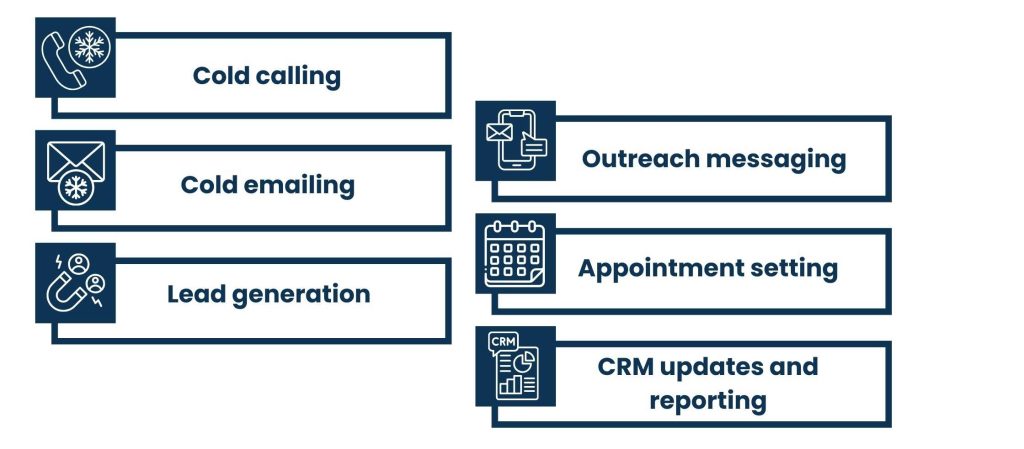
What They Do:
Here’s what an outsourced outbound sales rep tends to take care of:
- Cold calling: Calling leads to introduce your product/service and book a discovery call.
- Cold emailing: Crafting and dispatching targeted email campaigns to nurture prospects.
- Lead generation: Finding and compiling contact information about prospects who resemble your ideal customer profile.
- Outreach messaging: Creating scripts, emails, and LinkedIn messages to reach out and initiate conversations.
- Appointment setting: Book qualified meetings directly in your calendar.
- CRM updates and reporting: Documenting calls, following up, and reporting on outputs and pipeline.
Some firms outsource only one or two of these (cold calling, etc), while others outsource the entire top funnel sales process.
Who Would Use Outsourced Sales Reps?
- Startups that want rapid growth without a full-time sales team.
- We’ve SaaS for small businesses that demand more leads but can’t afford in-house agents.
- Marketing agencies or consultancies desiring to create leads for clients.
- Established companies are experimenting with a new product or market without hiring more staff.
What Makes It Different from Hiring Internally?
Bringing people in-house results in long onboarding cycles, full-time salaries, and training overhead. But it also takes time to get going. Outsourcing is a shortcut that descends on professionals with experience and tools already in hand to do the job, often at a quicker pace and with a smaller initial outlay.
In other words, outsourcing allows you to plug into outbound sales quickly, flexibly, and (if done properly) affordably — freeing your core team to focus on what they do best.
Also Read: Virtual Assistant Services in Los Angeles
Pros of Outbound Sales Representative Outsourcing
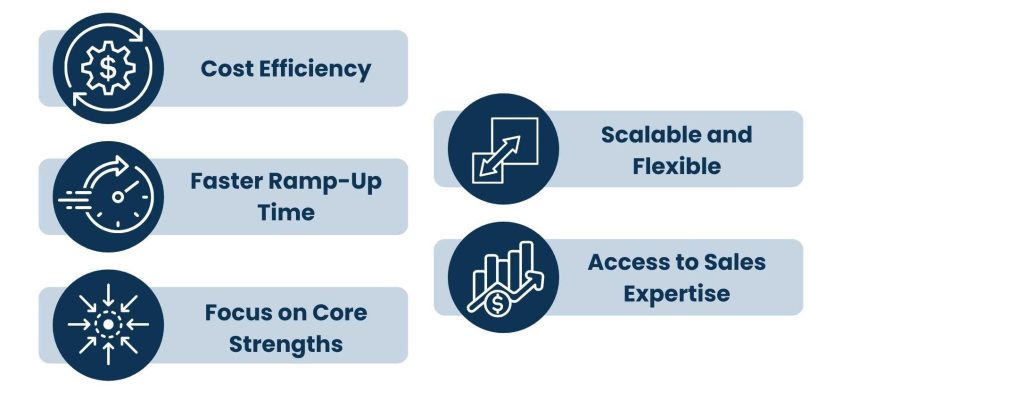
✅ Cost Efficiency
Full-time sales reps bring high fixed costs, salary, benefits, onboarding, and overhead. Outsourcing enables you to pay only for the work or results required. It’s a leaner approach that’s good for growing teams tracking their budgets.
✅ Faster Ramp-Up Time
Because outsourced sales reps are often trained when you start working with them. You avoid weeks (or months) of hiring and onboarding, and can have outreach up and running in a few days. This is especially important for product launches, time-sensitive campaigns, or market testing.
✅ Focus on Core Strengths
Your internal team should focus on relationship-building, qualifying leads, and closing deals, not sending cold emails all day. You can empower your closers to stay in the zone of genius by outsourcing the monotonous top-of-the-funnel work. It results in better utilization of your team’s energy and a smoother sales process all around.
✅ Scalable and Flexible
With Outsourcing, you have the option of scaling your outreach up or down as per your business needs. You can ramp up volume in busy times or scale it back without cuts during quiet times. This is particularly handy for startups and seasonal businesses.
✅ Access to Sales Expertise
Outsourcing means you’re bringing in people who eat, sleep, and breathe outbound sales. They already know cold email sequences, how much to wait between follow-ups, lead qualification, and objections. You receive a greater level of skill and efficiency, without having to train from square one or attend to each detail.
Cons of Outsourcing Your Outbound Sales Rep
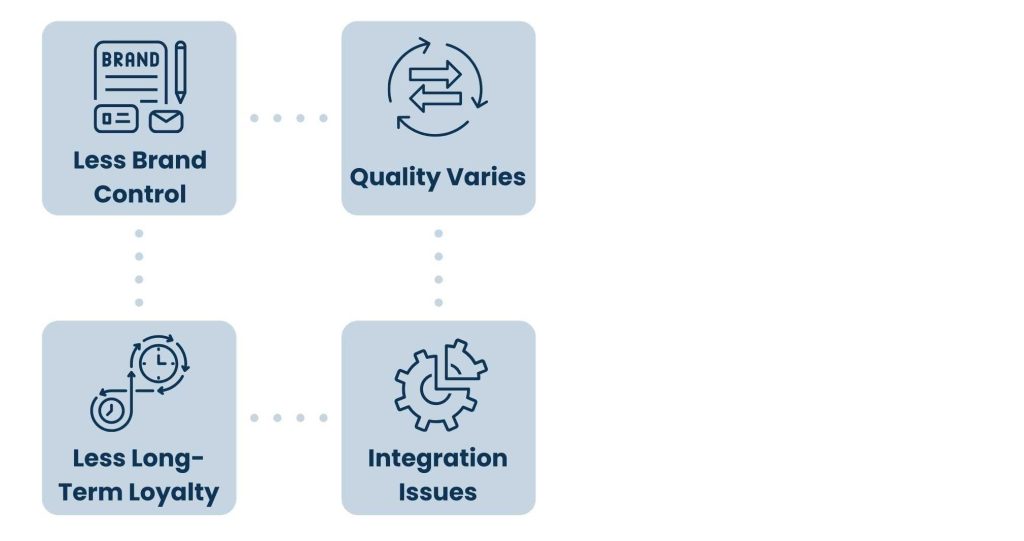
⚠️ Less Brand Control
Your tone, values, and the nuances of your brand, particularly early on, may not be fully understood by outsourced reps. If they speak strangely or use mismatched messaging, they risk losing their potential customers. In the absence of oversight, such misalignment could do more harm to your brand than good.
⚠️ Quality Varies
Not all outsourced providers are equal in terms of the level of service or professionalism. Others might adopt a one-size-fits-all approach or use stale, aggressive techniques that leave a bad impression of your company. Before working with a partner, it’s important to vet partners closely and request examples, references, or a pilot/limited engagement before committing.
⚠️ Integration Issues
Many outsourced reps will require access to your CRM, lead tracking tools, and internal systems to do their job effectively. Poor integration (or lack of alignment with your team’s workflow) could lead you to lose data, duplicate work, or mix up leads. Now, a good onboarding process and proper communication go a long way in preventing this sort of hiccup
⚠️ Less Long-Term Loyalty
Because outsourced reps are not full-time employees, they may not have the same commitment or ownership to the mission as full-time employees. They are often focused on achieving short-term KPIs instead of building deeper customer relationships. In fields with long or complex sales cycles, this can inhibit the extent to which your brand connects with leads
Tell me if you would like this compiled into a downloadable or want me to move on to the next part!
Best Practices for Outsourcing Outbound Sales Successfully
If you want your outsourced outbound sales representative to produce real results (and not trash your brand in the process), then you must have more than a contract and a plan in place. A great sales partner doesn’t just relieve you of burdening tasks — they’re an extension of your team. But for that to happen, you must have clear communication, smart processes, and constant oversight.”
Here’s the framework for making an outsourcing relationship work:
1. Know Your Ideal Customer
Your outsourced rep isn’t a mind reader, and the most common mistake companies make is sending them out without a clear target.

Take time to define:
- Which industries or niches do you serve the best.
- The job titles or roles you’re selling to (e.g., founders, marketing managers, IT directors).
- The type of companies (e.g., small business, mid-market, enterprise).
- Where They’re Located, Pain Points, And Common Deal-Breakers.
Draft a one-page Ideal Customer Profile (ICP) and review it with your outsourced team. The narrower their focus, the higher their hit rate.
2. Provide Messaging Guidance, Don’t Expect Them To Wing It
Even when hiring seasoned sales professionals, they require your guidance to properly represent your brand.

Provide:
- Two to three core talking points that are in line with your brand tone (e.g., casual, direct, formal, etc.).
- Past effective email and call scripts.
- Frequently Asked Questions and Answers to Common Objections.
- E.g., Case studies, testimonials, breakout stats for conversation.
You don’t need to micromanage every word that comes out of their mouth, but you do need to equip them to sound confident, credible, and aligned with your brand. A confused message doesn’t just derail the sale, it can erode trust in your business, too.
A 30-minute training session and a shared messaging playbook can prepare them well and help protect your reputation in the process.
Also Read: Virtual Assistant Services in New York City
3. Use the Right Tools
To enable them to operate productively and generate results, your outsourced outbound sales reps need the tools to facilitate your sales process. When even the best of the reps are left unguided without systems in place to streamline the process, time can be wasted, and key follow-ups missed.

Here’s what to give access to:
1. Customer Relationship Management system: CRMs, such as HubSpot, Pipedrive or Zoho, help reps track outreach, manage contacts, log calls, and keep clean records. That kind of visibility ensures no lead falls through the gaps and enables your internal team to step in without confusion.
2. Scheduling software: Calendly or Chili Piper allows reps to directly book a meeting into your calendar, versus causing a nonstop email chain. Let them know your availability and calendar guidelines (such as buffer times or max number of meetings per day).
3. Email & dialer tools: If you’re not keen on them using personal email accounts or phones, provide company tools like Mailshake, Apollo, or Google Workspace to keep things professional and on-brand.
4. Reporting dashboards: If things go well, make it easy for those involved to see performance. Weekly dashboards detailing emails sent, calls made, meetings booked, and responses received go a long way toward keeping everything on the up and up.
With the right tech setup, your outsourced team works like a well-oiled machine, and they communicate better and spend less time on admin and more time doing what you wanted them to do: generating leads.
4. Track KPIs Weekly
Outsourcing does not mean surrendering oversight. You need to stay in touch with the pulse, with simple performance reviews at regular intervals.
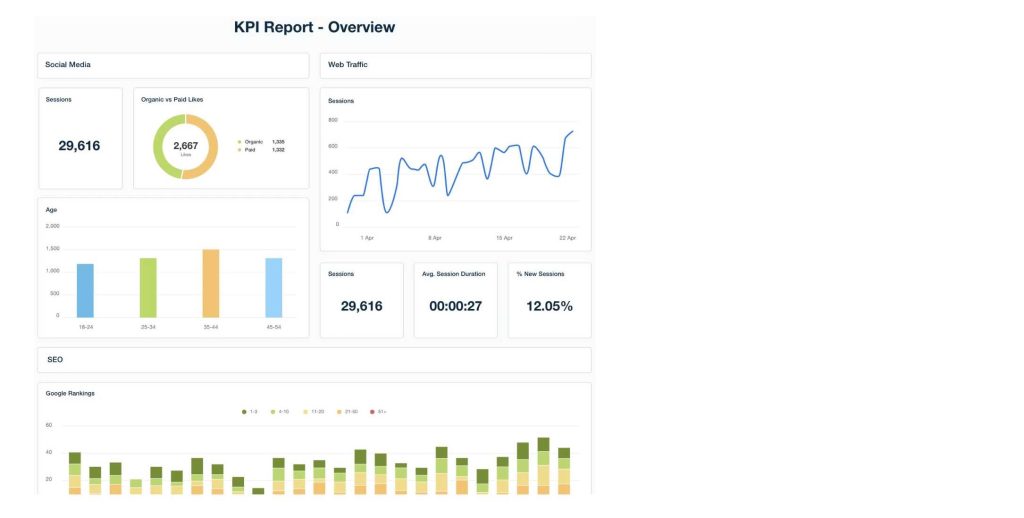
What to track:
- Number of calls/emails sent.
- Response rates.
- Appointments booked.
- Lead to Meeting Conversion.
- aetiology of meetings (you or your closers can rate these).
Check in once a week for 15 – 30 minutes to review the numbers, coach, and correct the course if necessary. That rhythm will also ensure consistency and prove to your outsourced rep that results matter, even if they’re not in-house.
When you combine the right systems, clear expectations, and regular communication, outsourcing outbound sales can feel just as seamless as having an internal team, with none of the overhead.
Outsourcing Outbound Sales Assistants
Outbound Sales Representative Outsourcing is a smart growth strategy at the right time, in the right context. That’s not a magic bullet, and that’s not a universal solution. To help you determine whether it’s right for your business at this moment, here’s a closer look at when to take the plunge and when to hold off.

✅ You Should Outsource If:
1 You’re looking for more leads but don’t want to make a full-time commitment:
Bringing on internal is capital-intensive and requires a long-term commitment. Outsourcing allows the generation of leads without the need for your headcount or overhead to increase. It’s a cost-efficient way to scale your pipeline without committing to full-time salaries.
2. You’re experimenting with a new market or product:
Unsure if the new service will drop? Looking to further reach a new area or audience? But an outsourced sales rep can allow you to dip your toes quickly and affordably to see if there is a market for your product before committing to building a dedicated team.
3. Your in-house team is overwhelmed:
If your closers are spending half of their day chasing down cold leads or managing outreach, it is time to defer tasks. Outsourcing frees your in-house team to do what they do best — close deals and form relationships — while top-of-funnel work hums away in the background.
4. You have a definitive offer but lack volume:
If you already know your pitch works and you just need to get it in front of more people, an outsourced team can help you scale outreach quickly. As such, this is one of the most excellent instances to insert outside help.
❌ You Shouldn’t Outsource If:
1. Your product is very complex or consultative:
If they need deep technical knowledge, custom demos, or detailed discovery calls to make your offer, an outsourced rep may not come from the background needed to represent it accurately. This effective functionality is an ideal role for being an in-house specialist.
2. You have not nailed down your messaging and target audience:
Vague does not get solved by outsourcing.” Without being crystal clear on who you’re selling to and what your value proposition is, you’ll burn budget before you can say whoops. You probably want to optimize your positioning first internally.
3. You are hoping that someone else will “figure it out”:
Your outsourced team requires direction, not a clean slate. Without systems, scripts, or a clear process, outsourcing will probably lead to frustration and wasted effort.
4. You require relationship building in the long run:
If your sales cycle includes months of nurturing and a high degree of trust, outsourcing could lack the continuity and emotional intelligence required. Such deals are often best worked out in-house.
Outsourcing outbound sales is a powerful tool, but only if your throat is ready for it. Import the right timing and setup, and it can move serious results. Get it wrong and it can cost you more than money.
Conclusion
A key benefit of Outbound Sales Representative Outsourcing is to grow your pipeline, determine new market feasibility, and give your internal team room to operate at their highest and best use. But success comes down to picking the right partner, articulating your expectations, and remaining engaged throughout the process.
When done right, this isn’t just a cost-saving measure; it’s also a revenue-driving strategy.
Want to create a smarter outbound sales machine without the overhead of a full-time hire? Let Tasks Expert handle your sales process with trained and dedicated remote staff at affordable prices.
About Us
Tasks Expert offers top-tier virtual assistant services from highly skilled professionals based in India. Our VAs handle a wide range of tasks, from part time personal assistant to specialized services like remote it support services, professional bookkeeping service etc. Furthermore, it helps businesses worldwide streamline operations and boost productivity.
Ready to elevate your business? Book a Call and let Tasks Expert take care of the rest.





